Mangai
Water Purifying Transporter

— Afghan Women’s Access to Water and Beyond —
 The Opportunity (Tackling Water Dependency).
The Opportunity (Tackling Water Dependency). Current Practices.
Current Practices.> The continuous change in global climate and environmental degradation has resulted in widespread droughts and turmoil. In Afghanistan, a landlocked country, mountains makeup about 80% of its territory, and according to UNICEF (2012), out of 29 million people only 23% of have access to drinking water sources. This has resulted in widespread water-related diseases such as dehydration, diarrhoea, typhus fever and kidney problems. Moreover, water sources in under-developed areas can be miles away from home, requiring women and children to trek these distances daily carrying heavy water vessels for hours.
> To address this growing social and health problem, this research project explores the effects of water dependency on socio-economic development which has affected Afghan women’s health and education enormously — resulting in 89% illiteracy rate and 24,000 maternal deaths annually.
> Designed in accordance with the local skills set, industry expertise and available tools, Mangai purifies water on-the-go using low-tech water purification technology that helps remove common pathogens, including 94% of E.coli bacteria. In addition, Mangai provides a social enterprise that supports women and helps build a circular economy in Afghanistan.
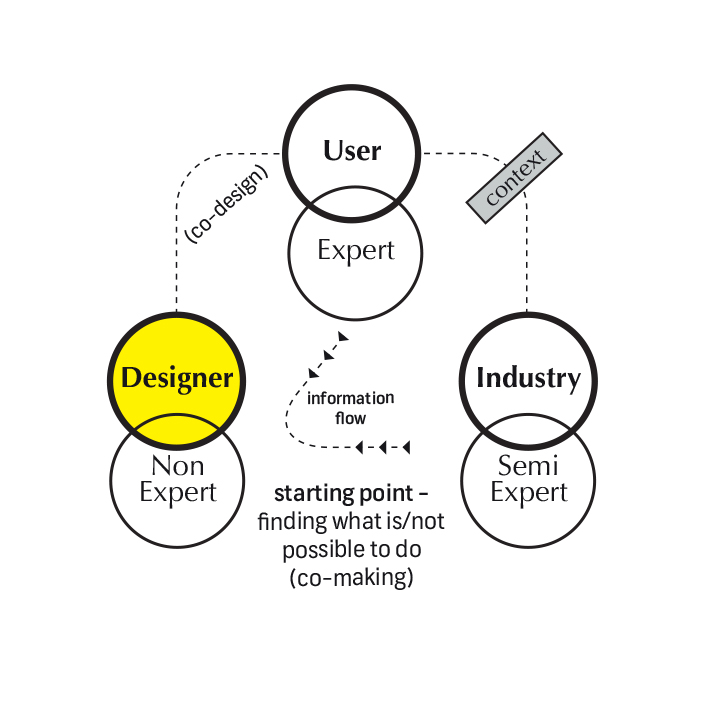
This research project is based on the Co-creating & Inductive model to enable a learning process that involves the designer to learn from and innovate with the community and develop solutions for shared needs.
The boundary between the expert and non-expert in this model was interchangeable, and both, the user and the industry partner were dependent on each other to educate the designer and influence the design outcome.
> Using the Co-creating & Inductive model, a design proposal originated from this research entitle Mangai, which purifies water on-the-go using low-tech water purification technology.
Key words: Water purifier;
Water dependency;
Wearable
 Geography.
Geography.

Access to Water Facts.
 Impact on Women.
Impact on Women.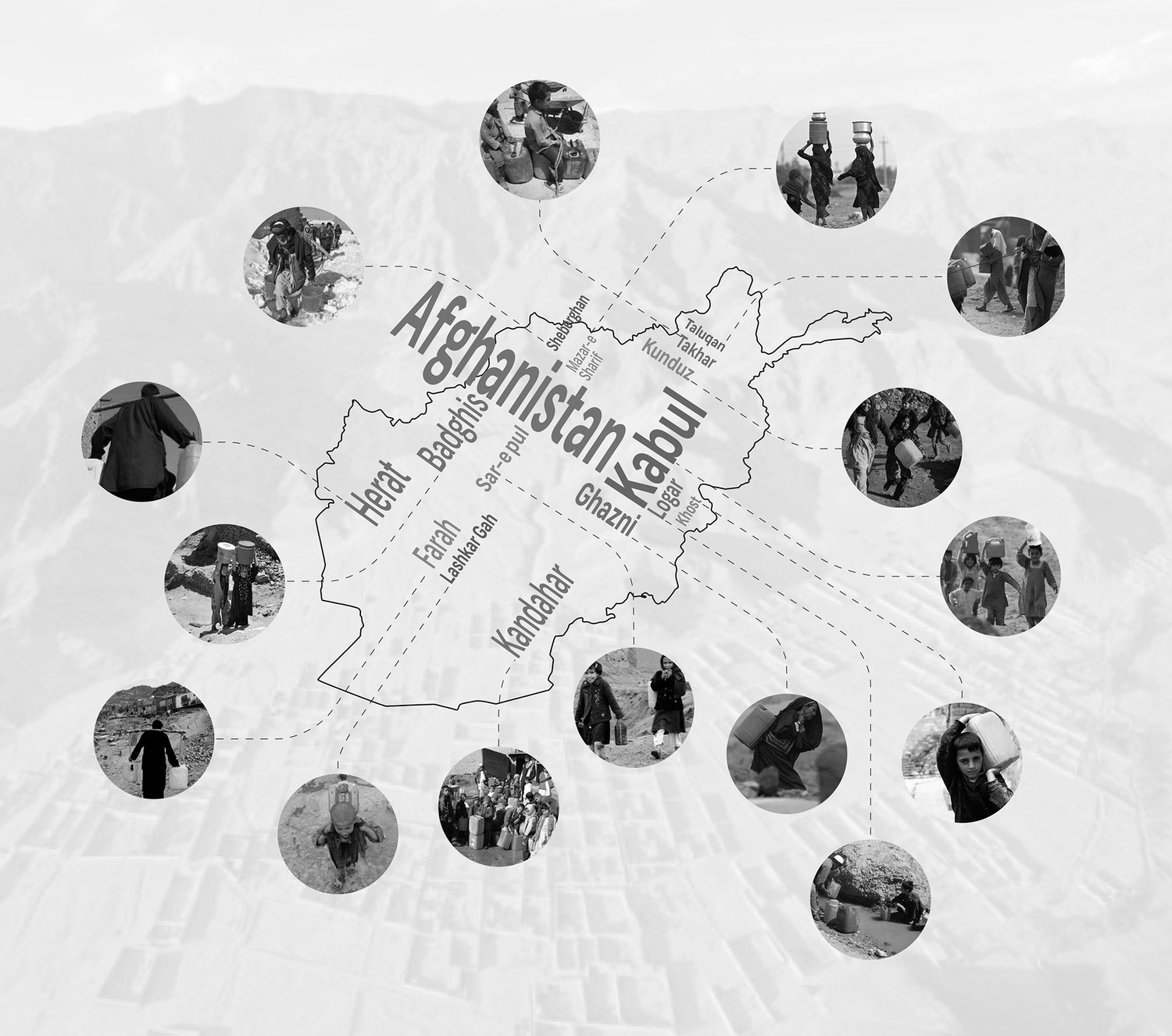 Current Situation.
Current Situation.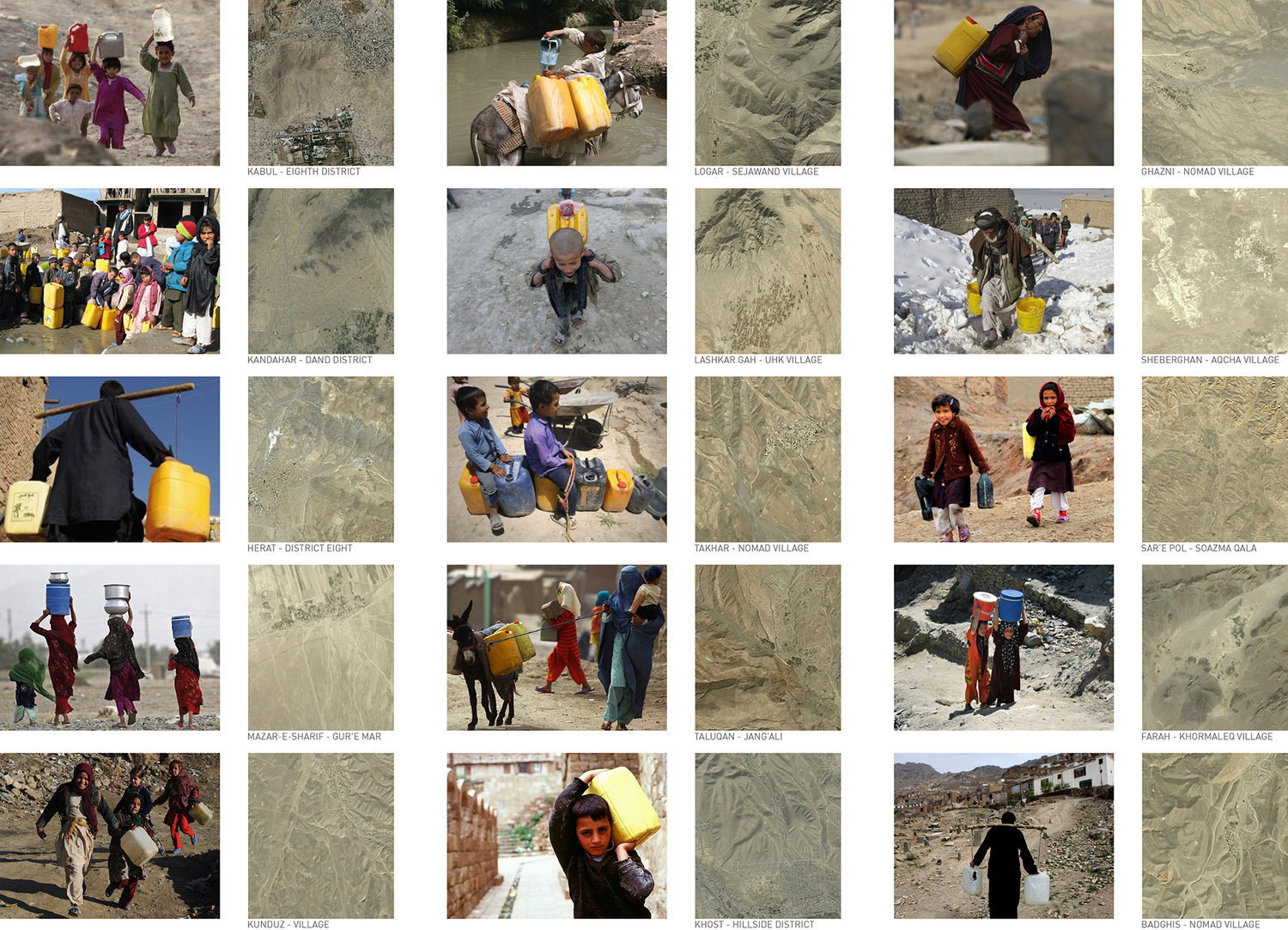 Current Situation Across the Country.
Current Situation Across the Country.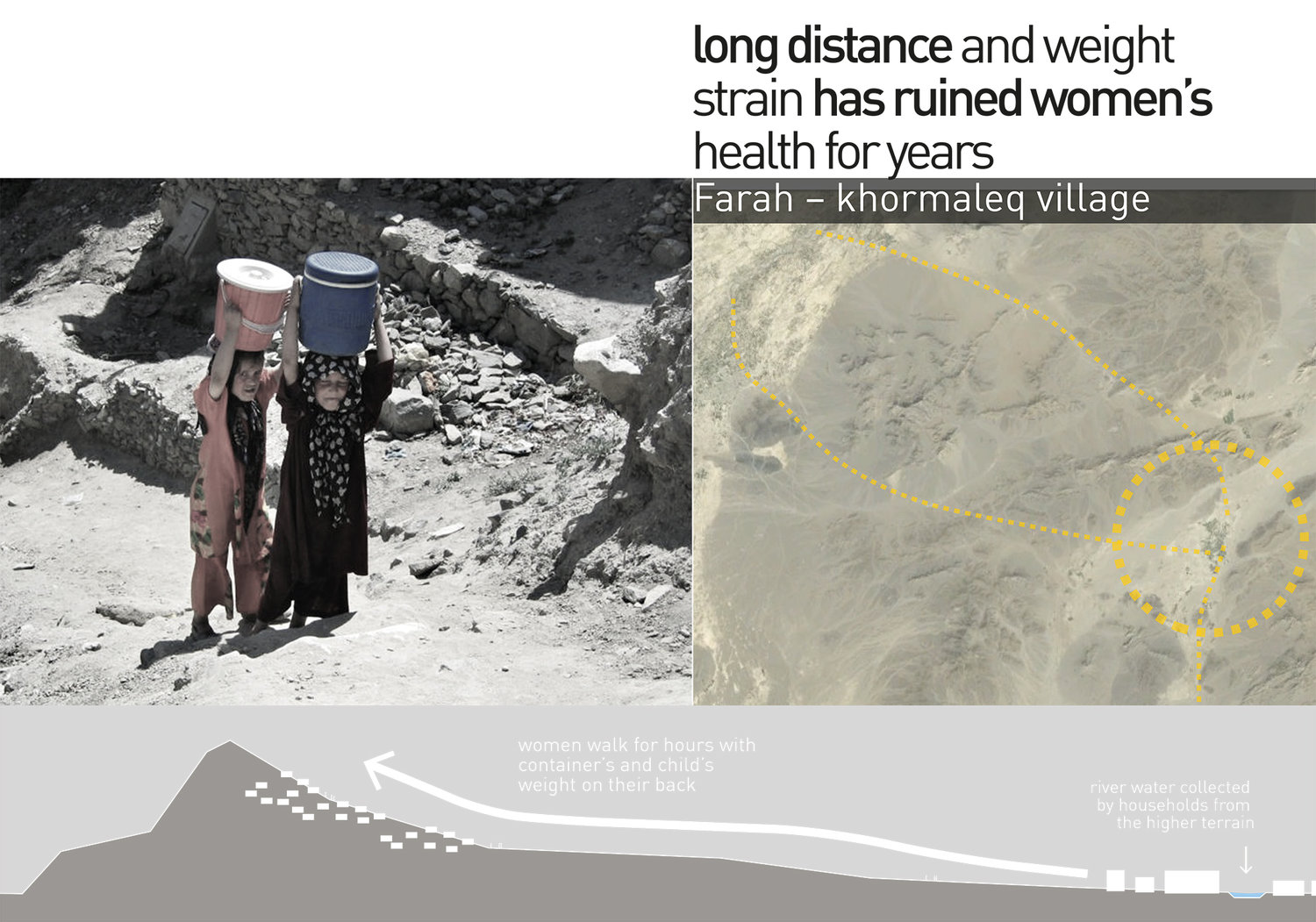 Current Situation in Farah.
Current Situation in Farah.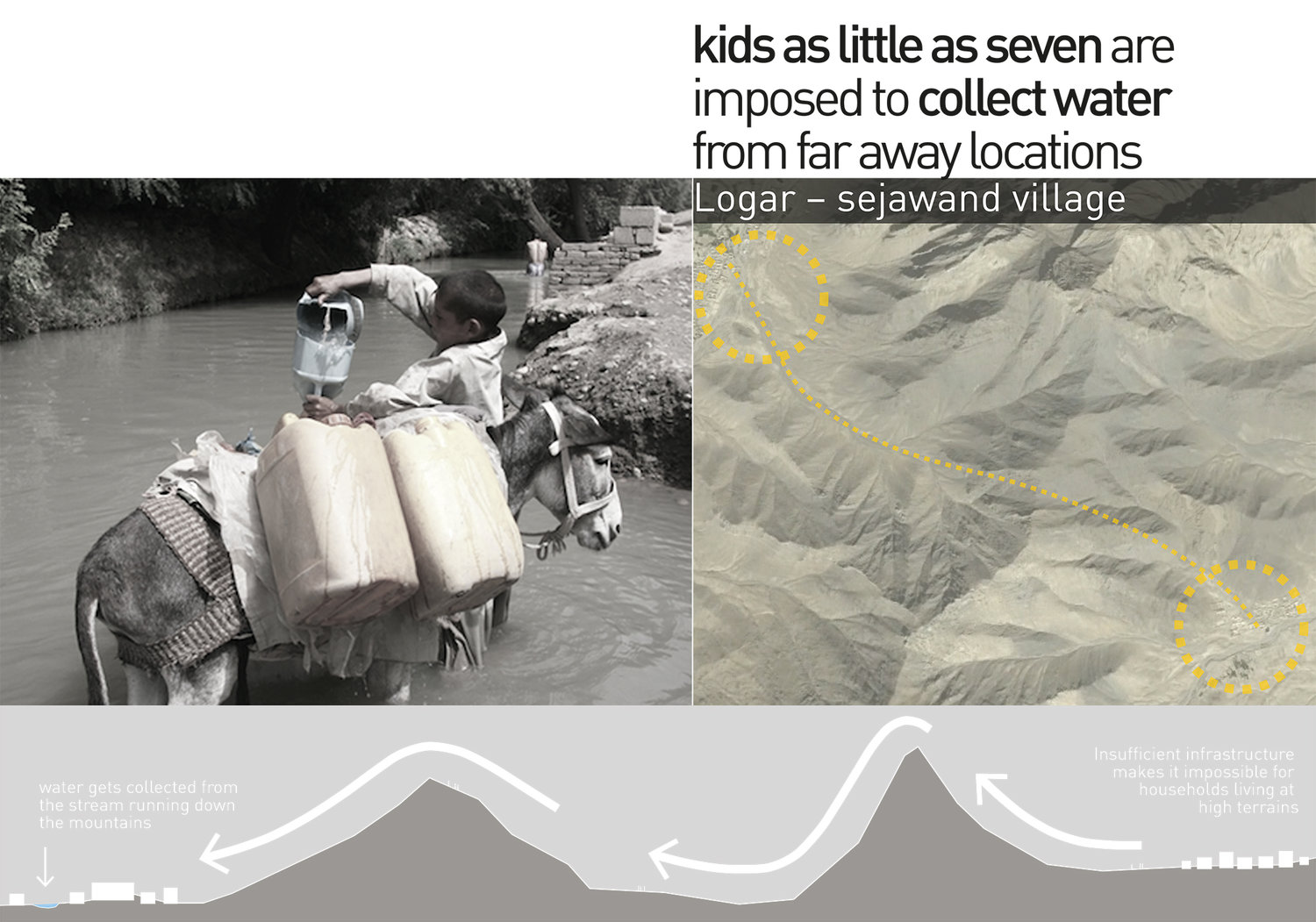 Current Situation in Logar.
Current Situation in Logar.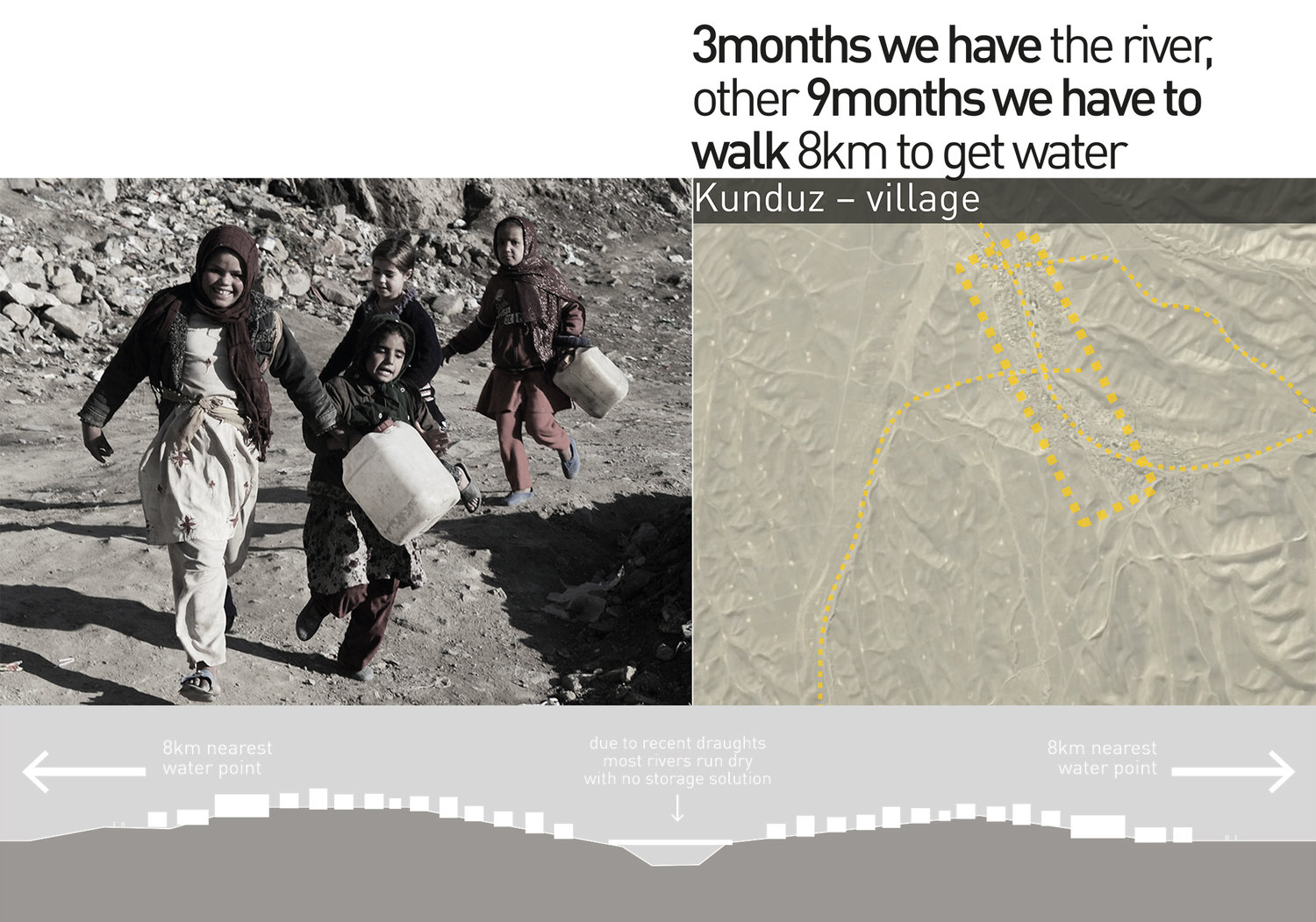 Current Situation in Kunduz.
Current Situation in Kunduz.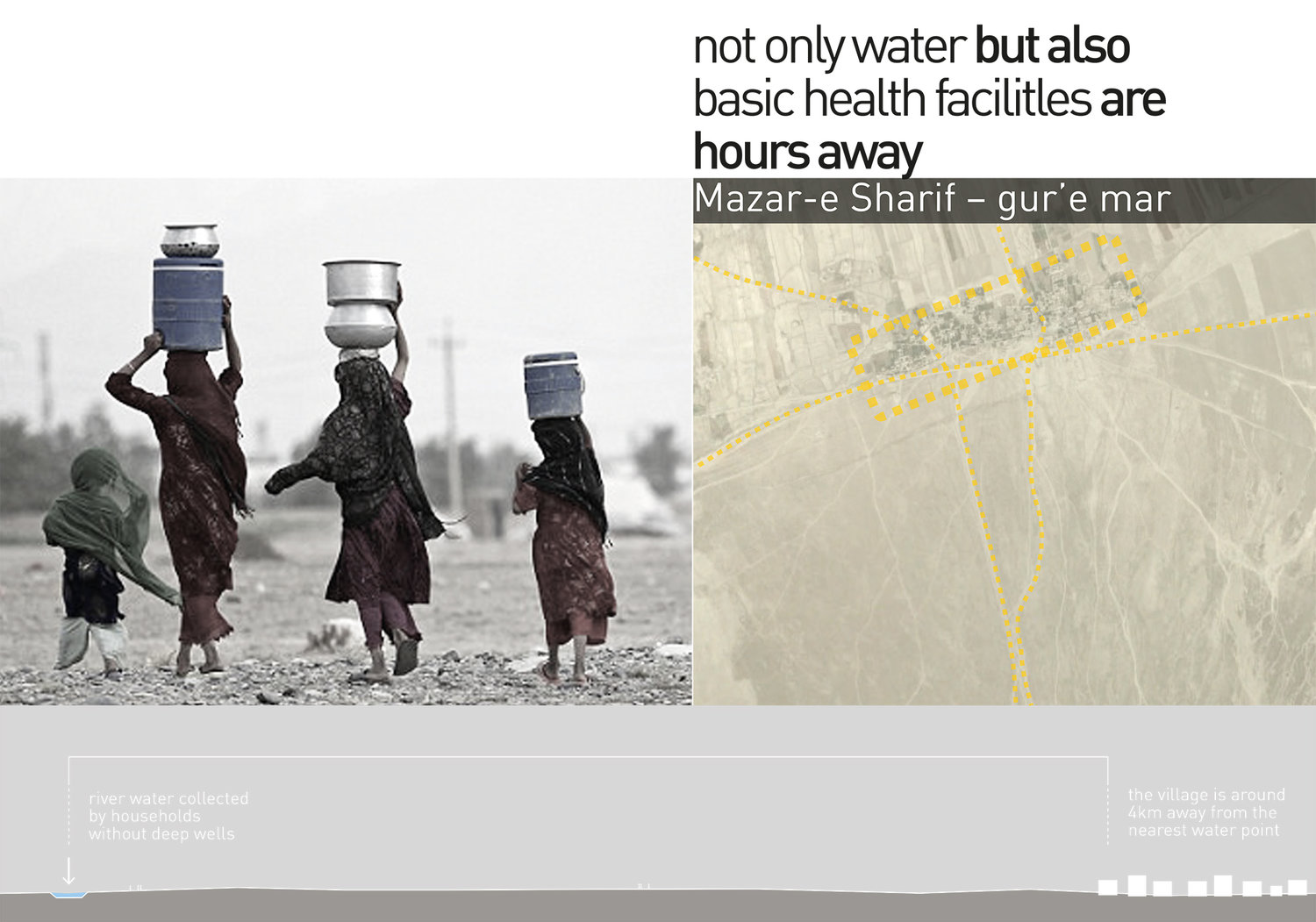 Current Situation in Mazar.
Current Situation in Mazar.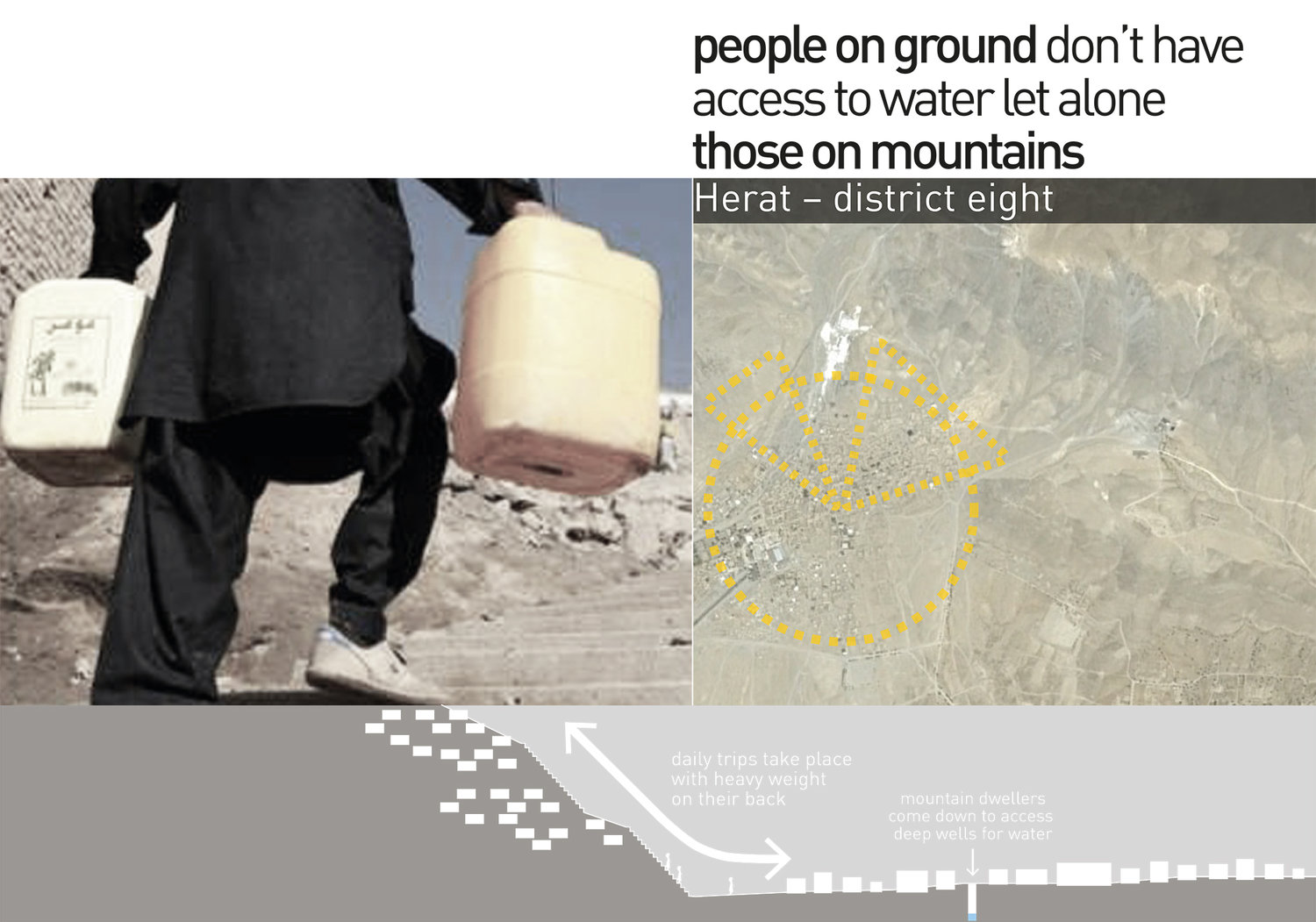 Current Situation in Herat.
Current Situation in Herat.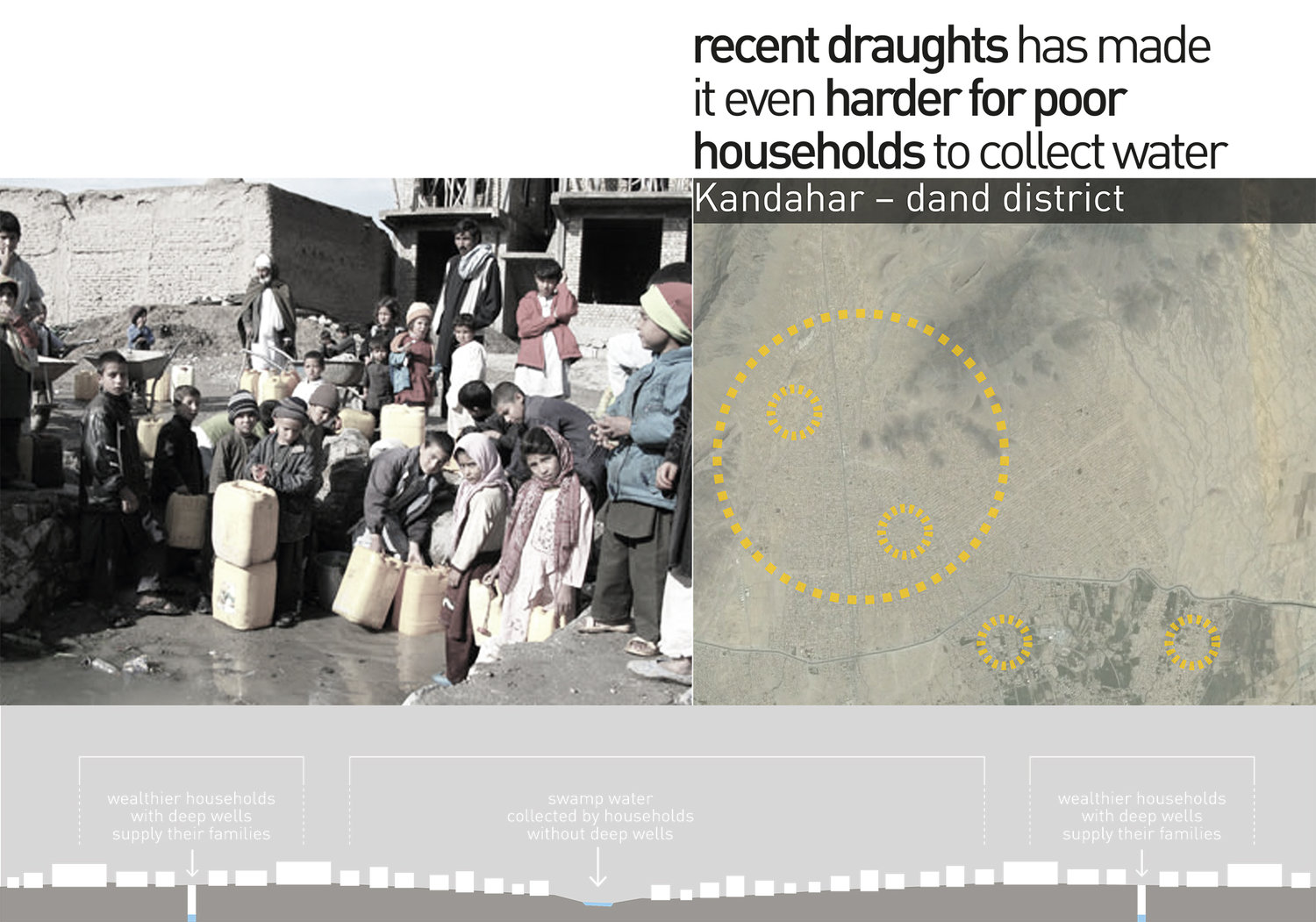 Current Situation in Kandahar.
Current Situation in Kandahar. Market Research.
Market Research.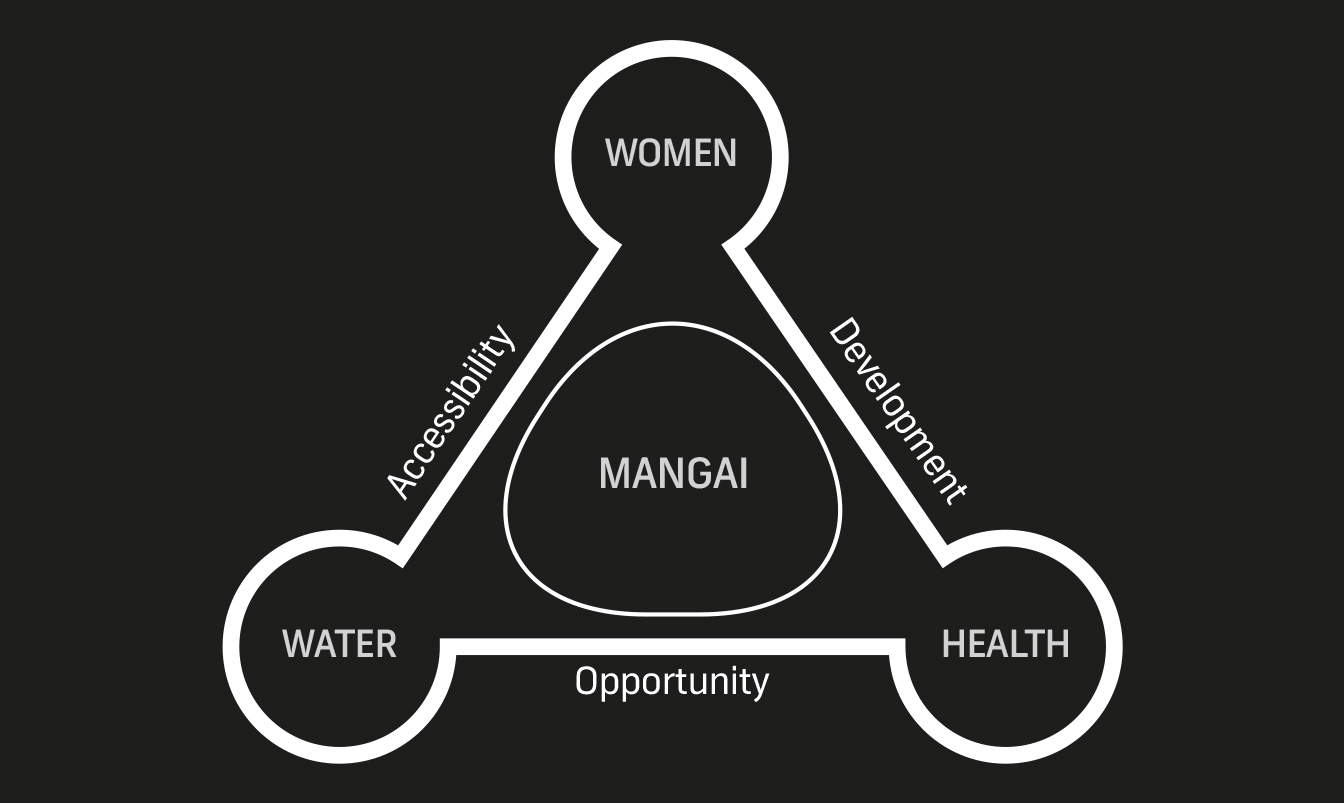 Concept.
Concept.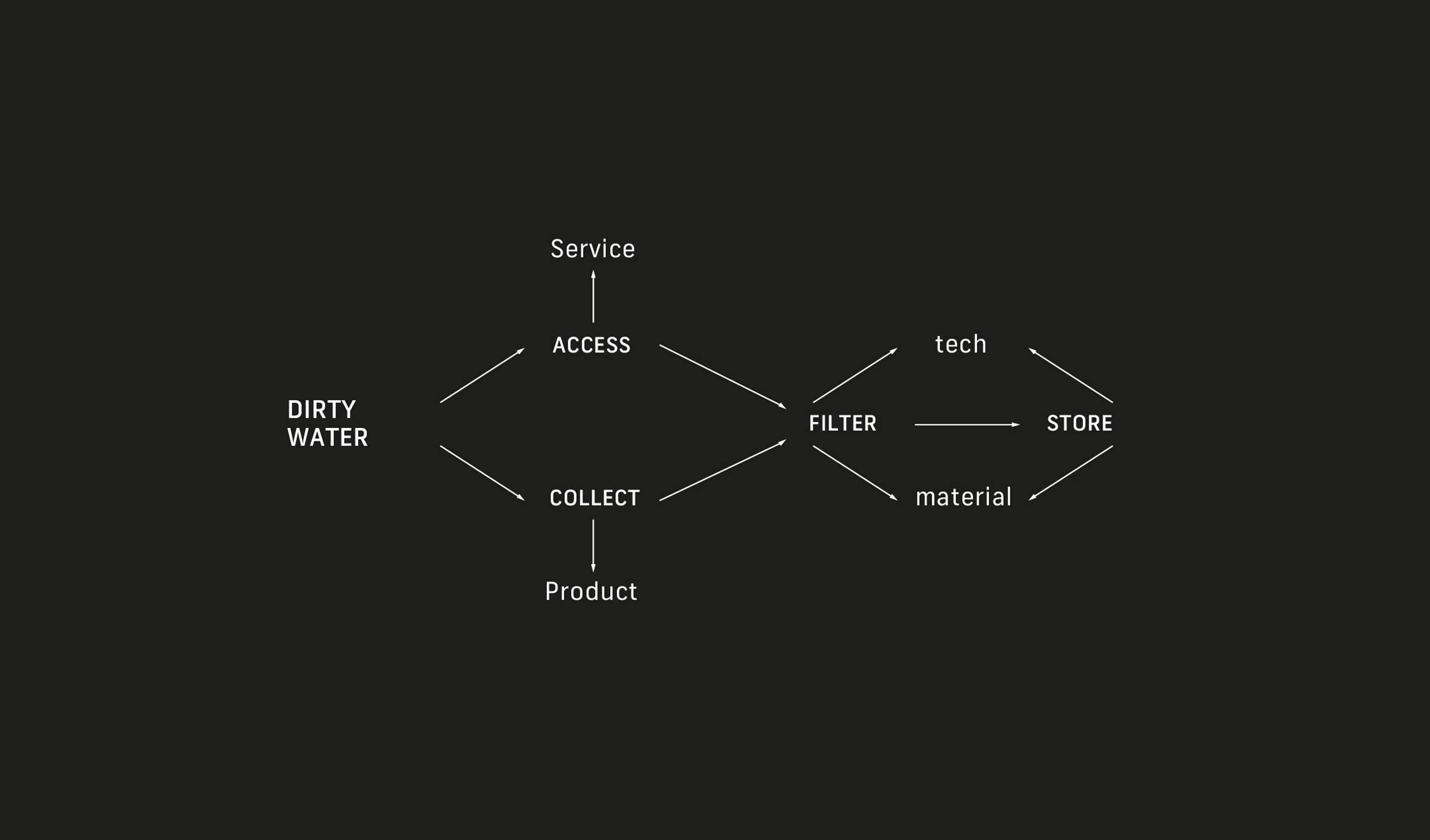 Process.
Process.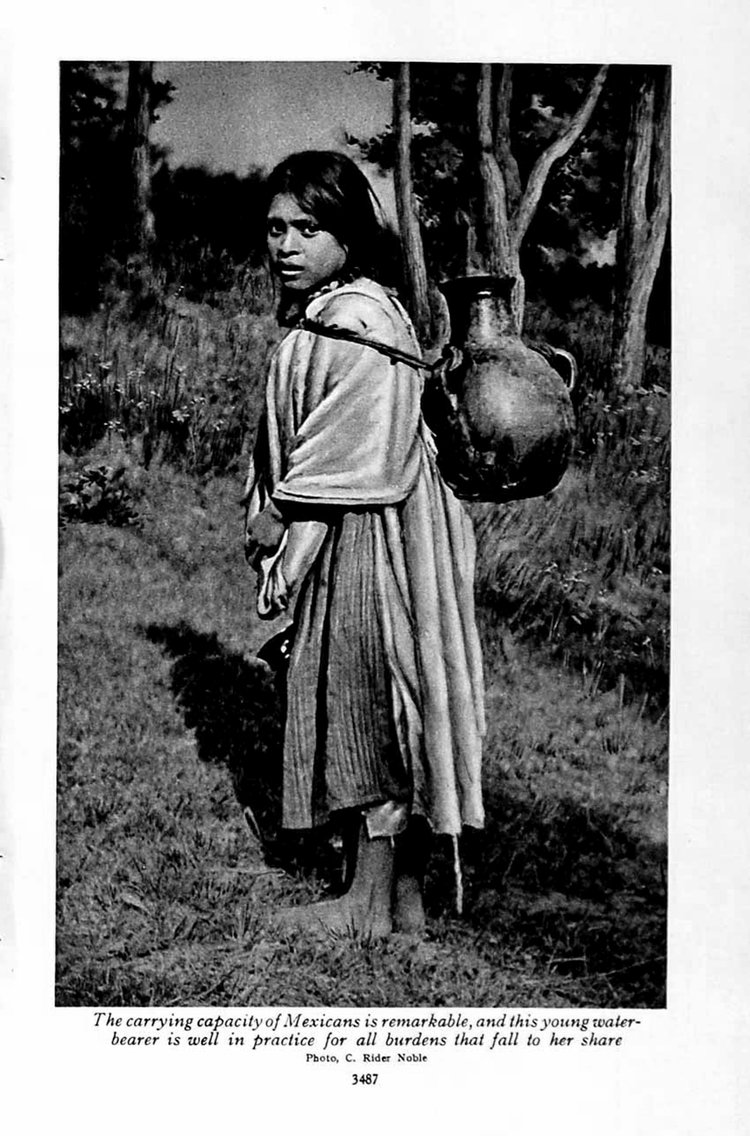 Cultural Reference.
Cultural Reference.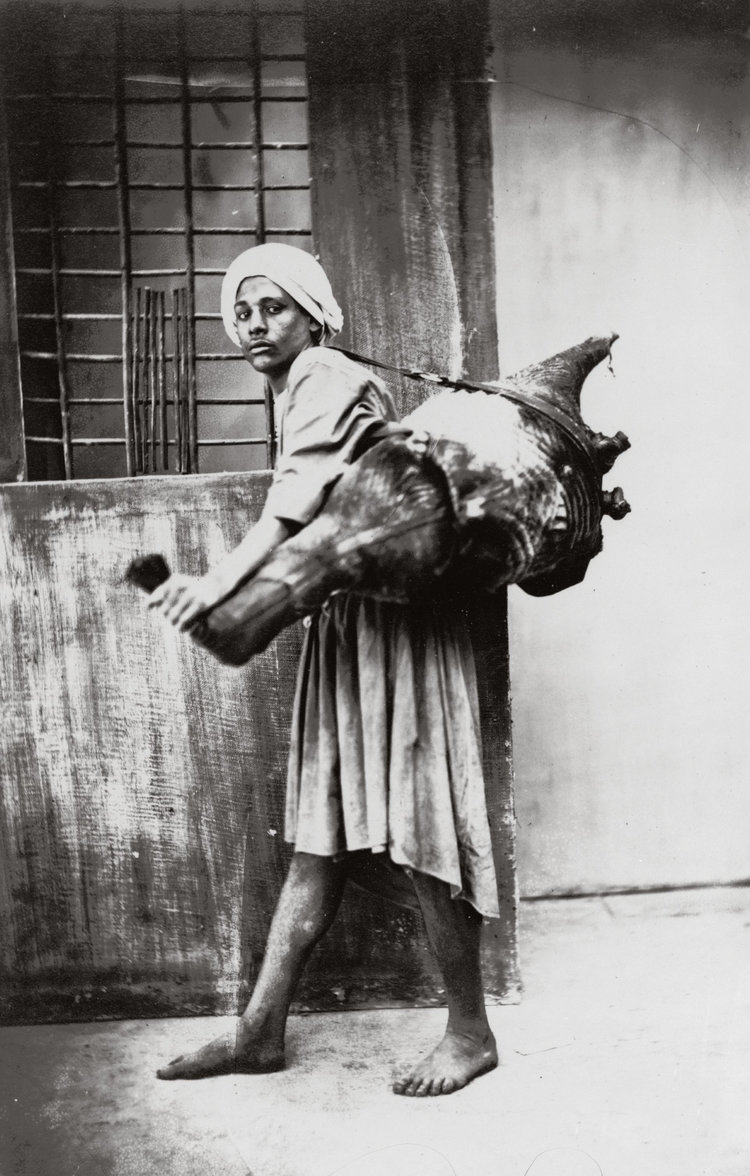
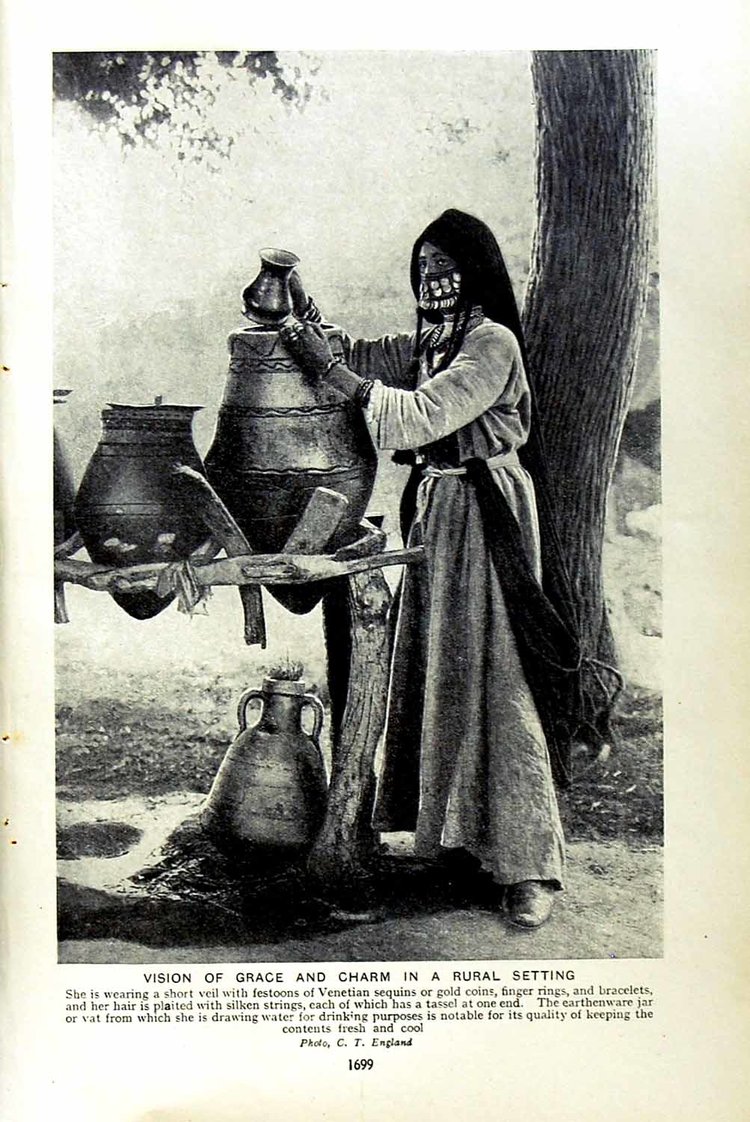
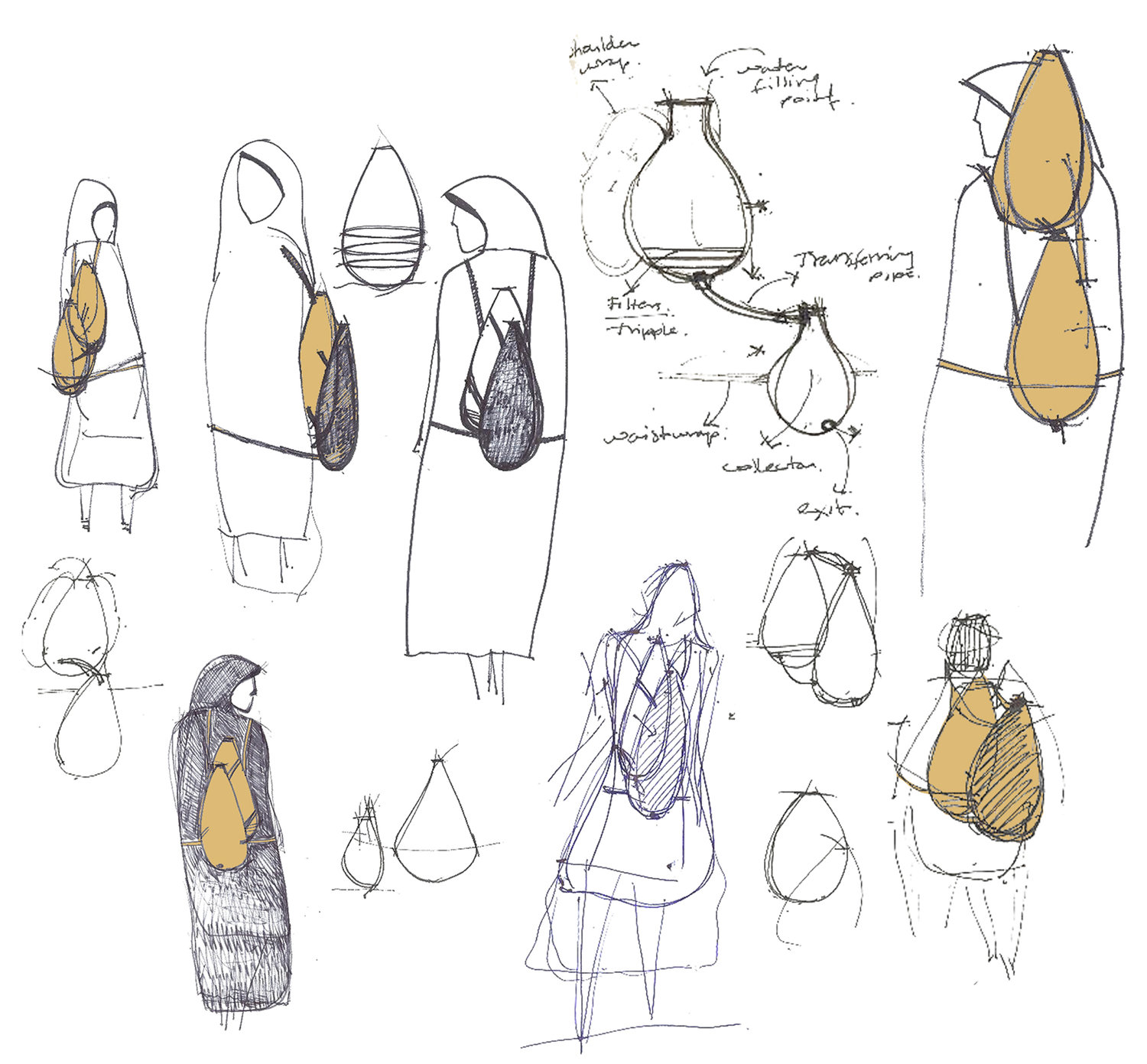 Concept Development.
Concept Development.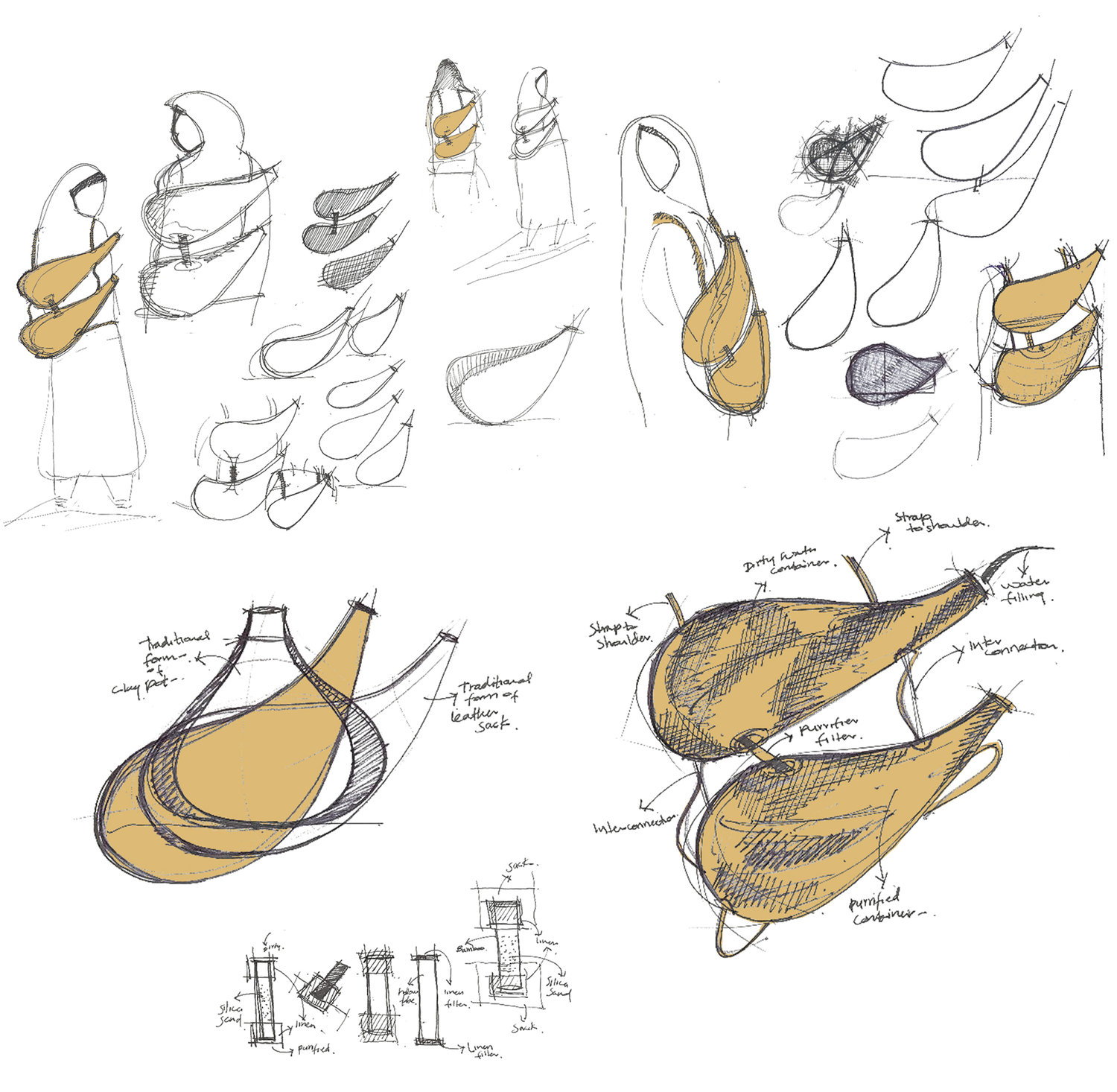
 Materials and Tools.
Materials and Tools.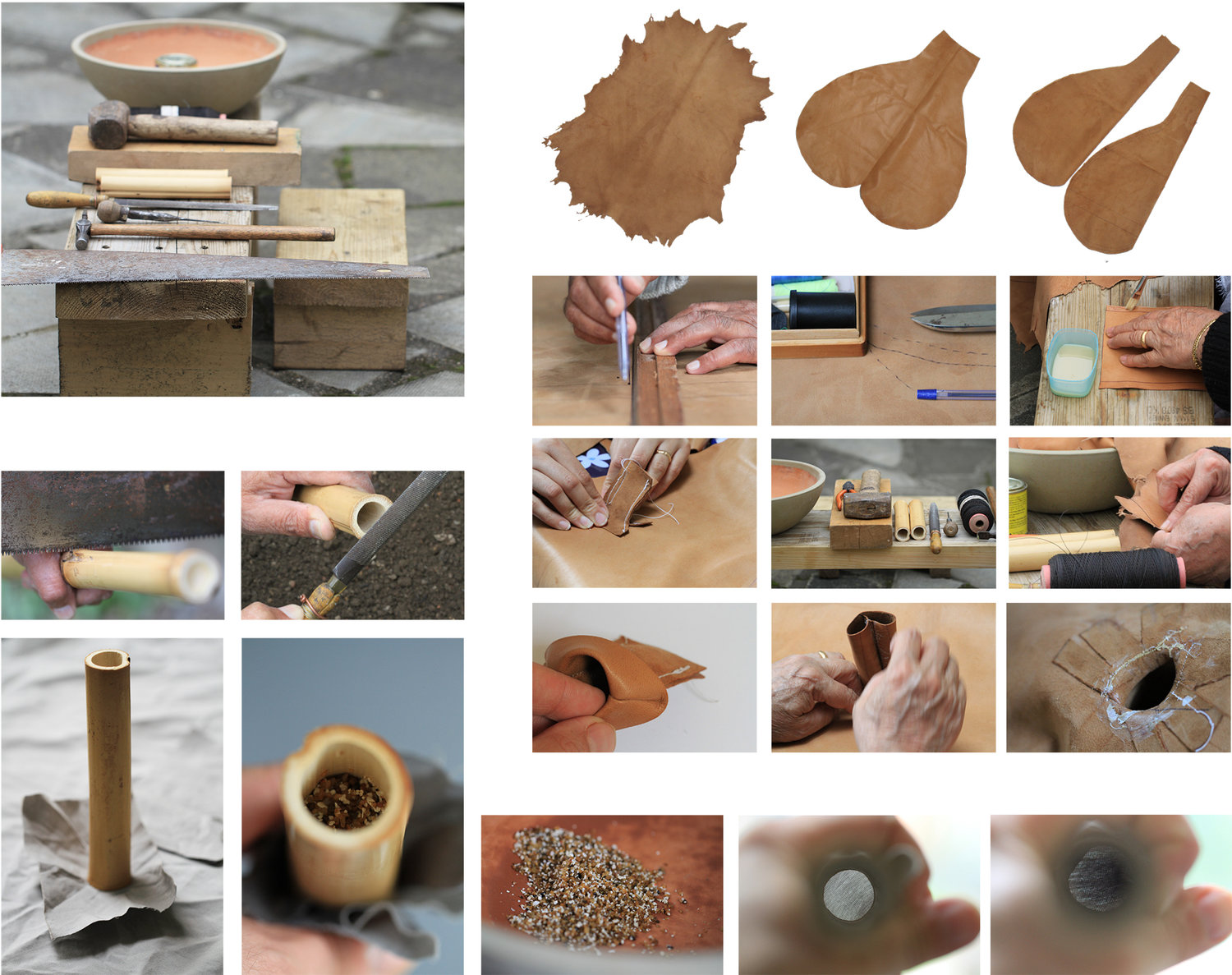 Making Process.
Making Process.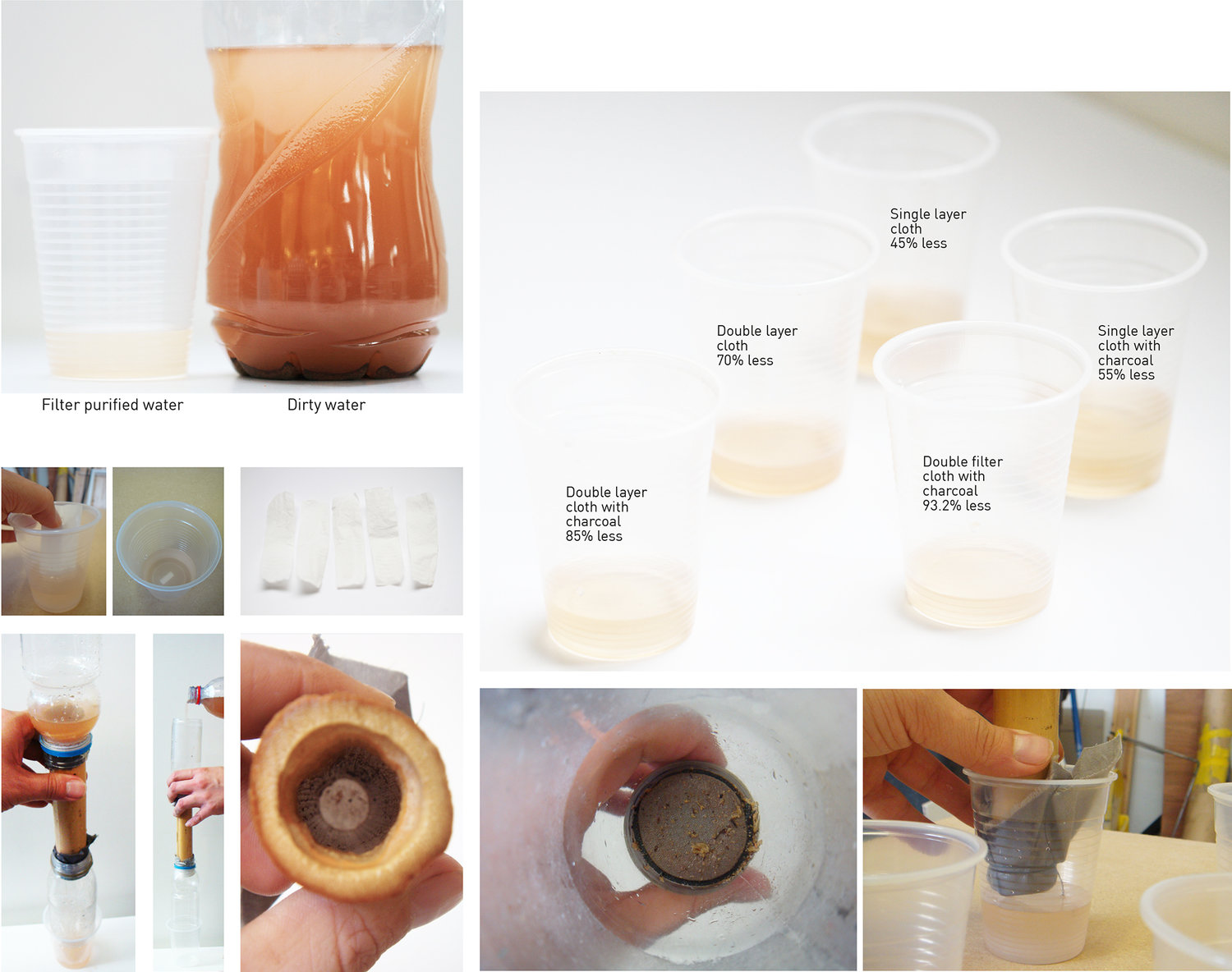 Testing Purification Technology.
Testing Purification Technology.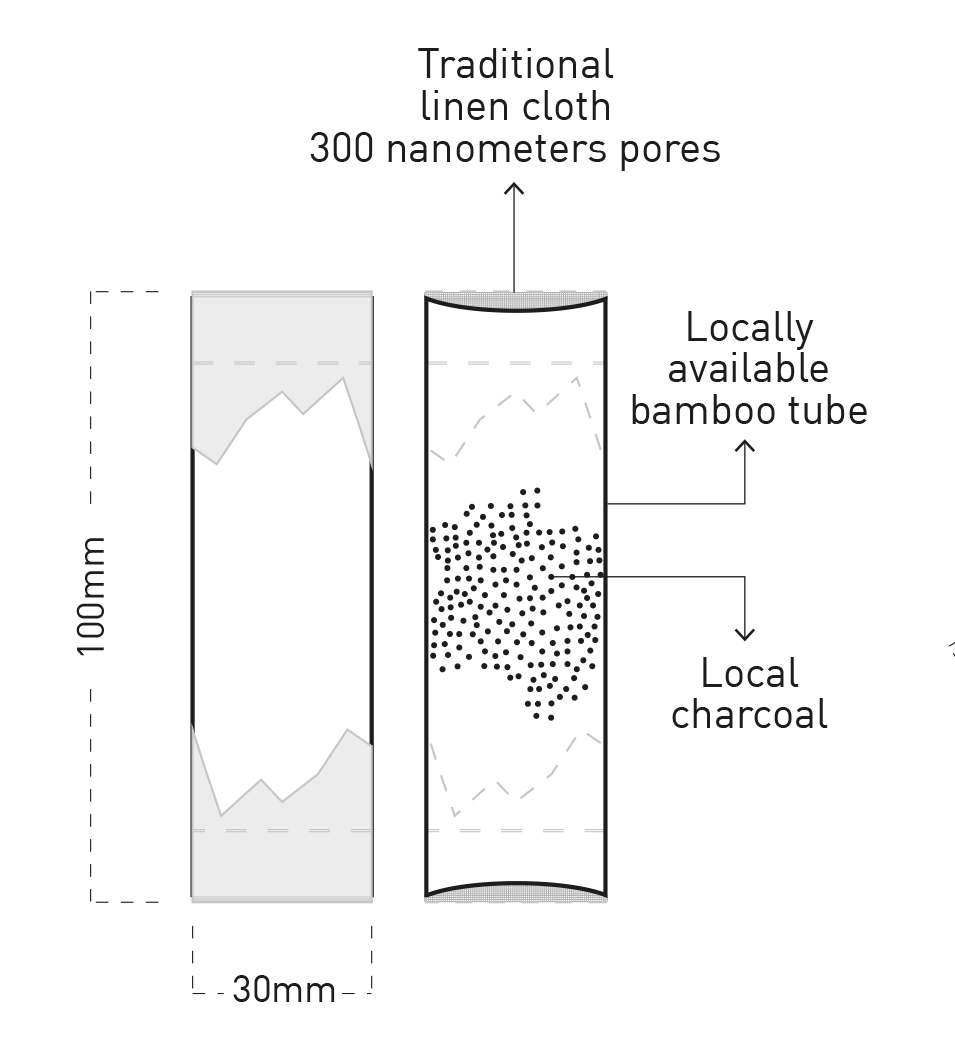 Purification Technology.
Purification Technology.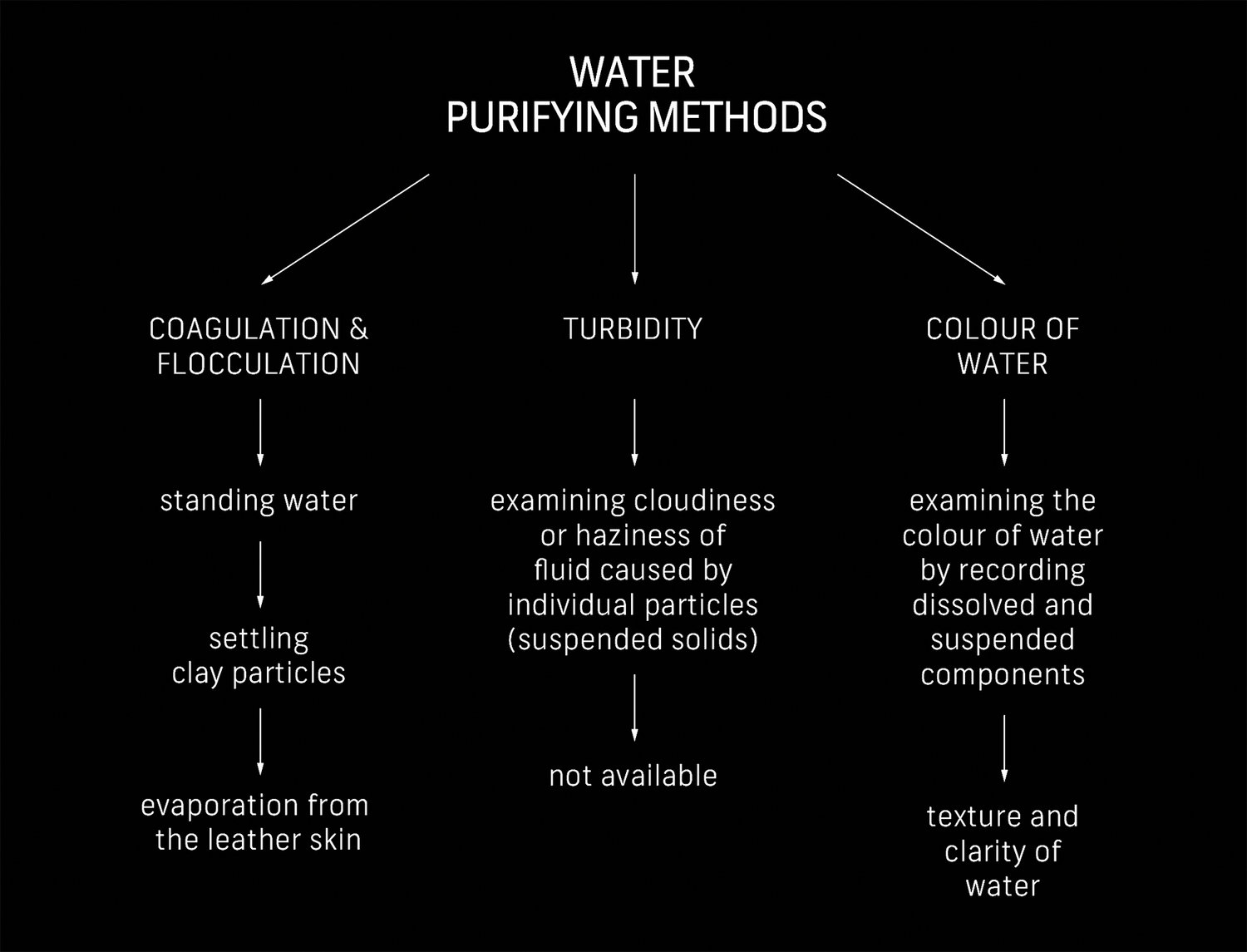 Purifying Methods.
Purifying Methods.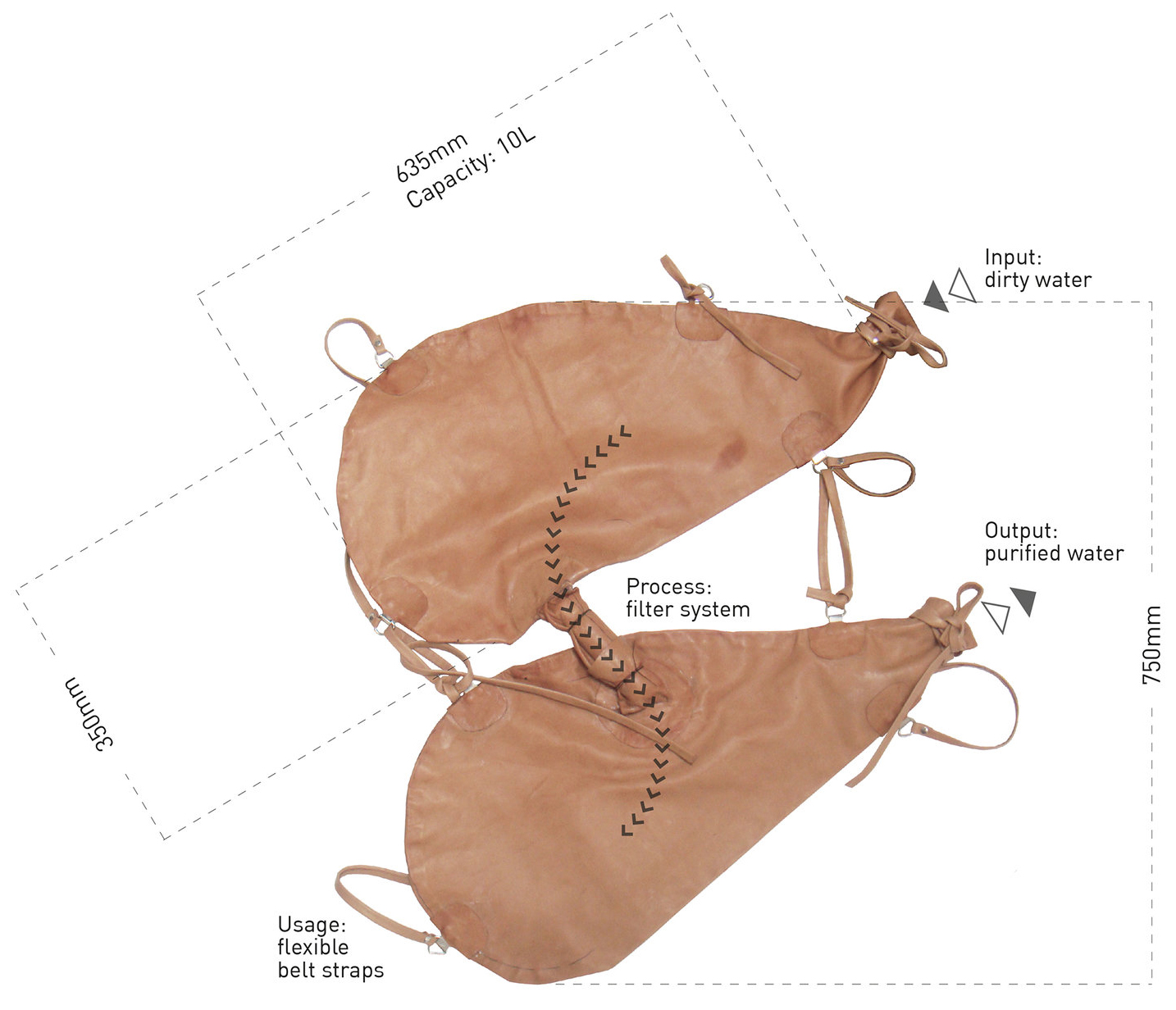 Proposal Plan & Components.
Proposal Plan & Components.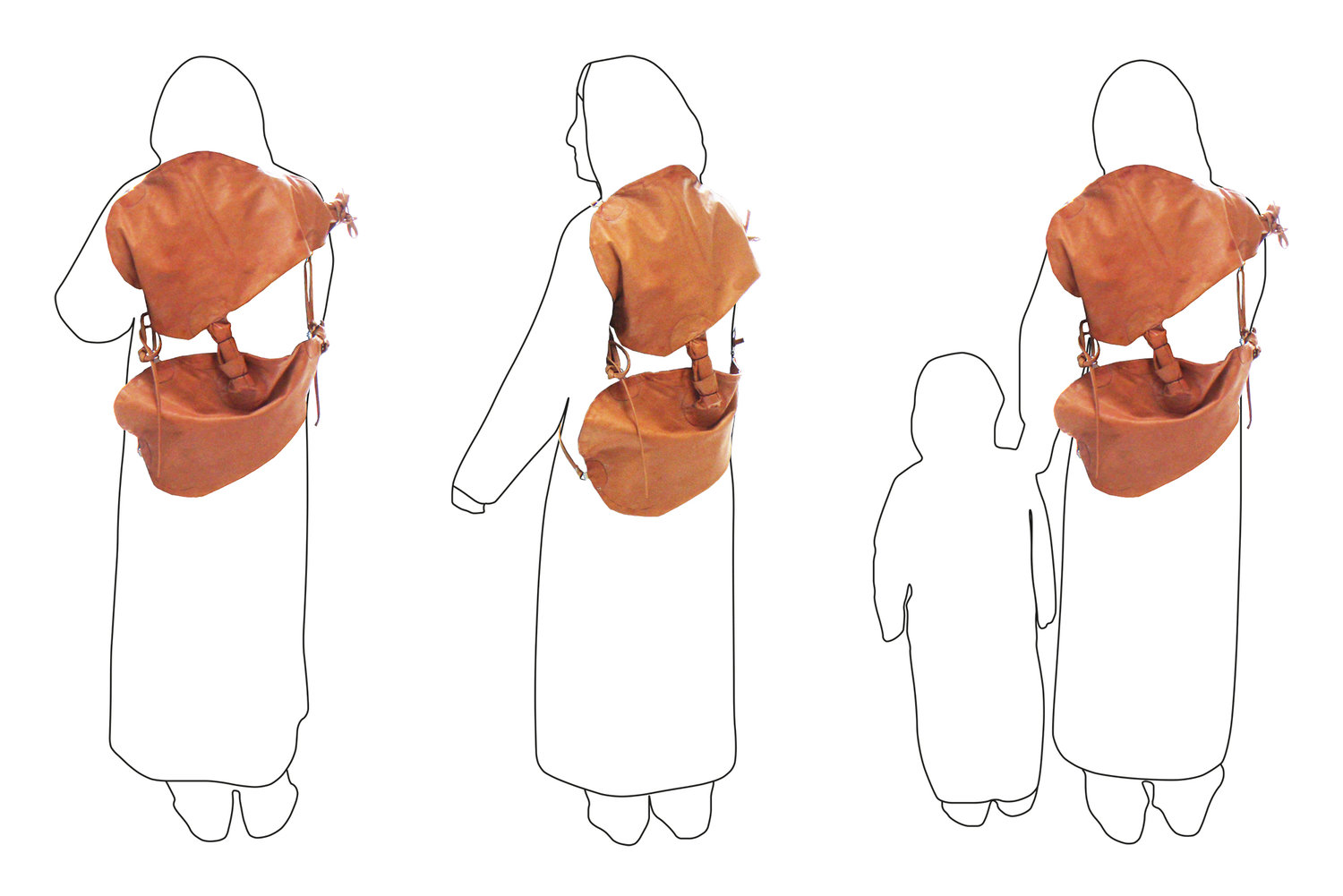 Usability Factors.
Usability Factors.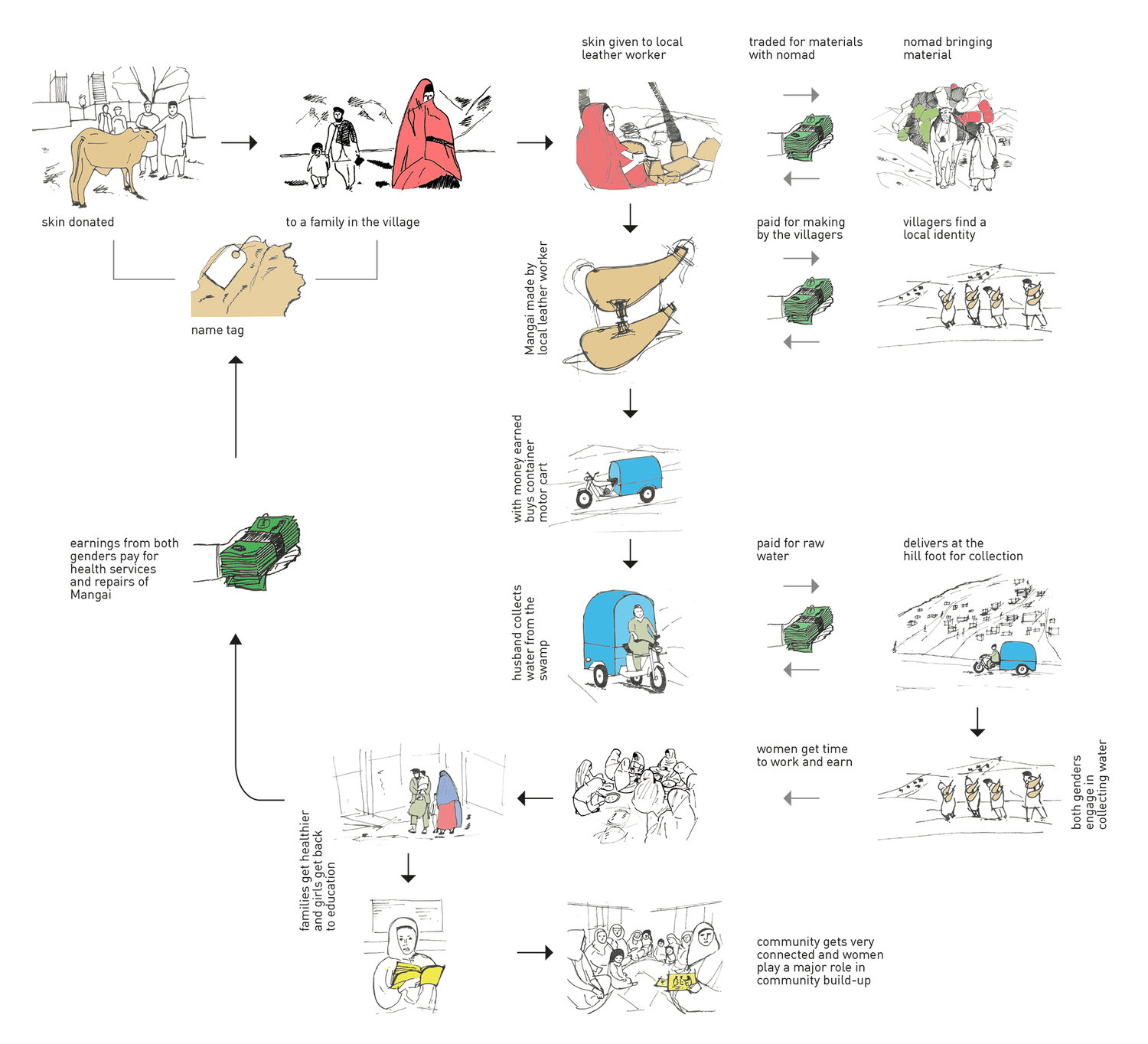 System.
System.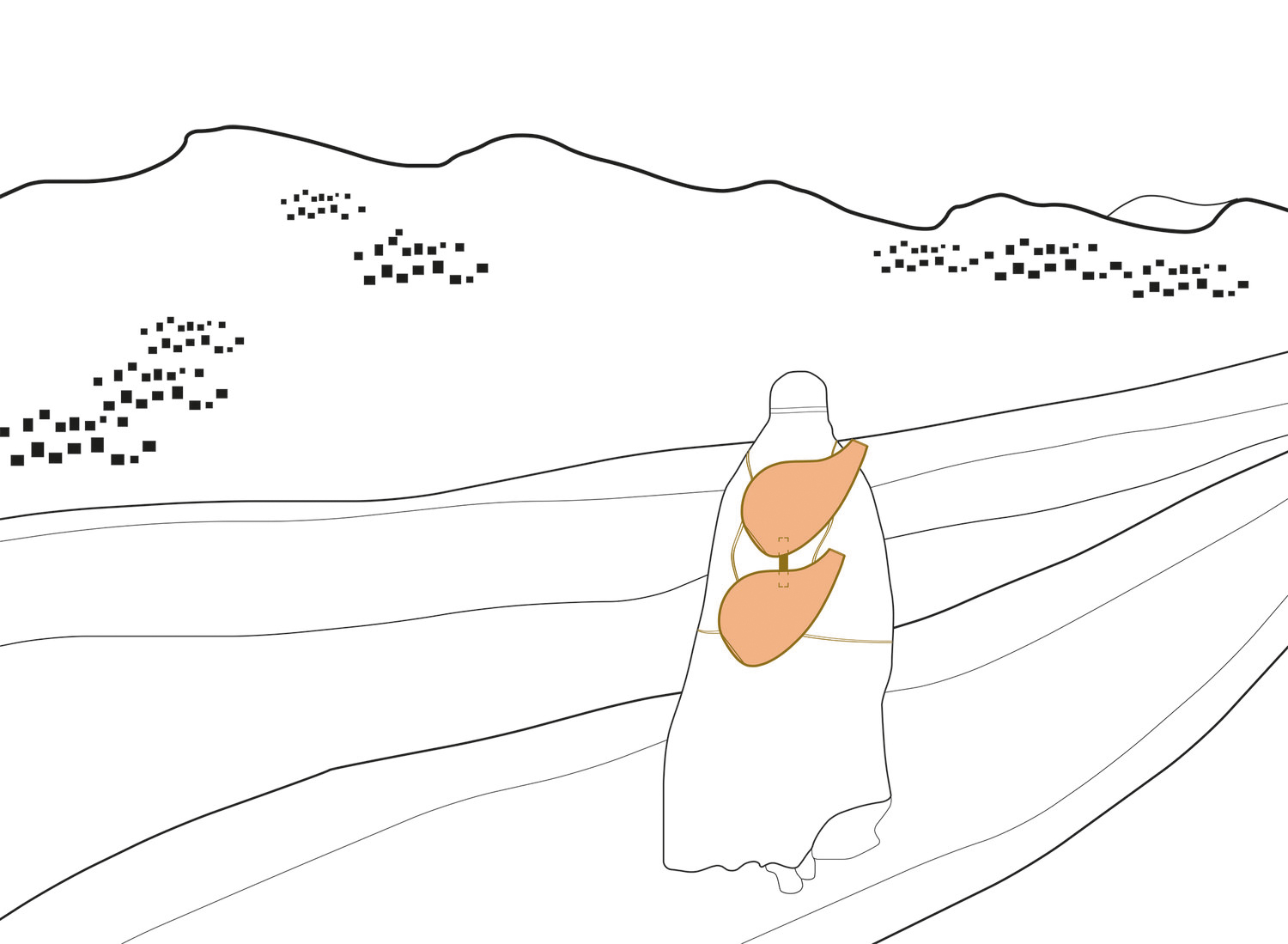 Mangai in Context.
Mangai in Context.Organisation + [Credits]
United Nations, [Idrees Rasouli]
Role + [Team Size]
Principal Investigator, [3]
Date + [Duration of Involvement]
2012, [2 months]
Client + [Project Location]
UNDP, [Kabul, Afghanistan]
Status + [Project Type]
Proof of Concept, [New Product Innovation]
Brief + [Challenge]
Changing Cultural & Behavioural Practices, [Disruptive Market Innovation]